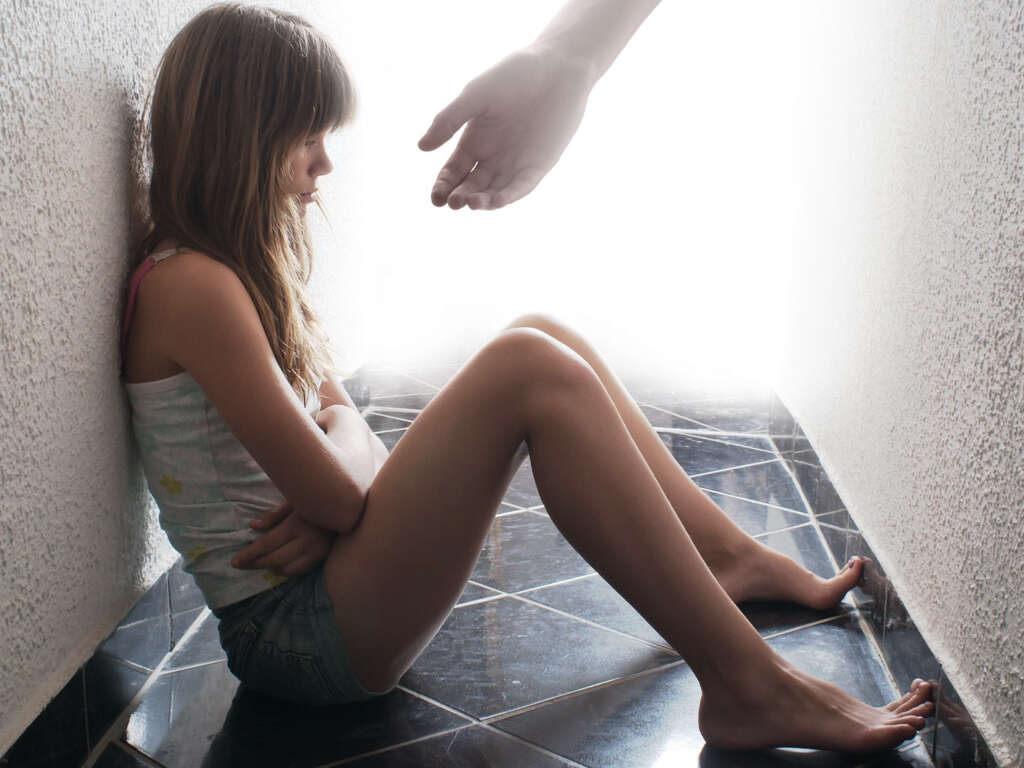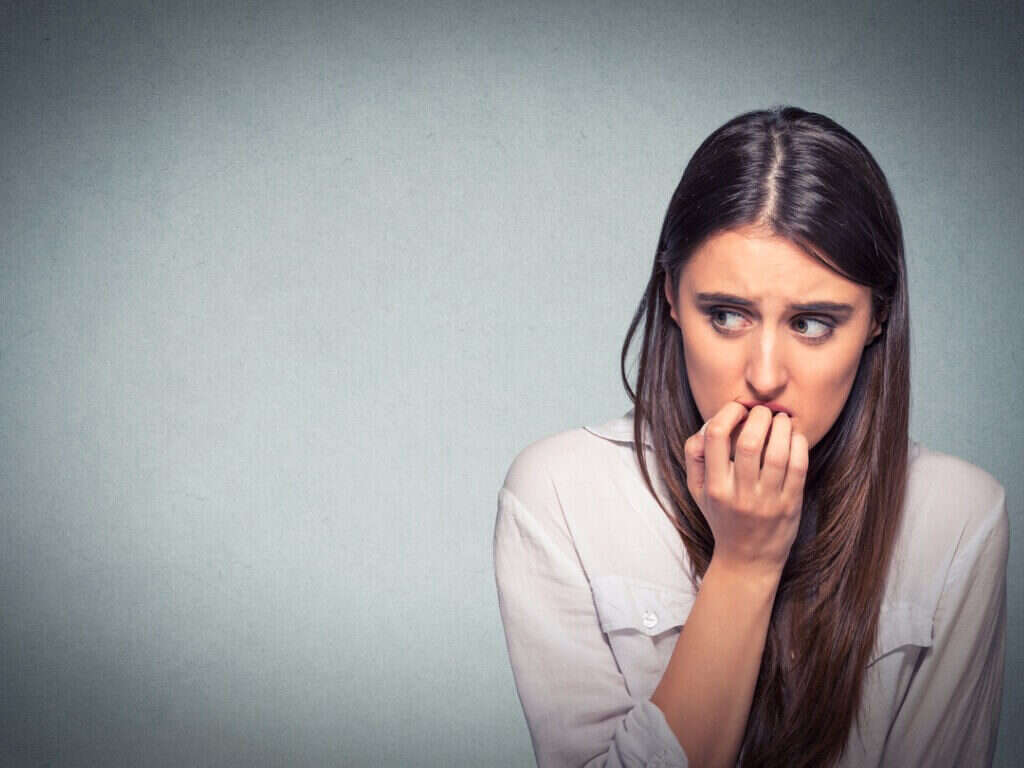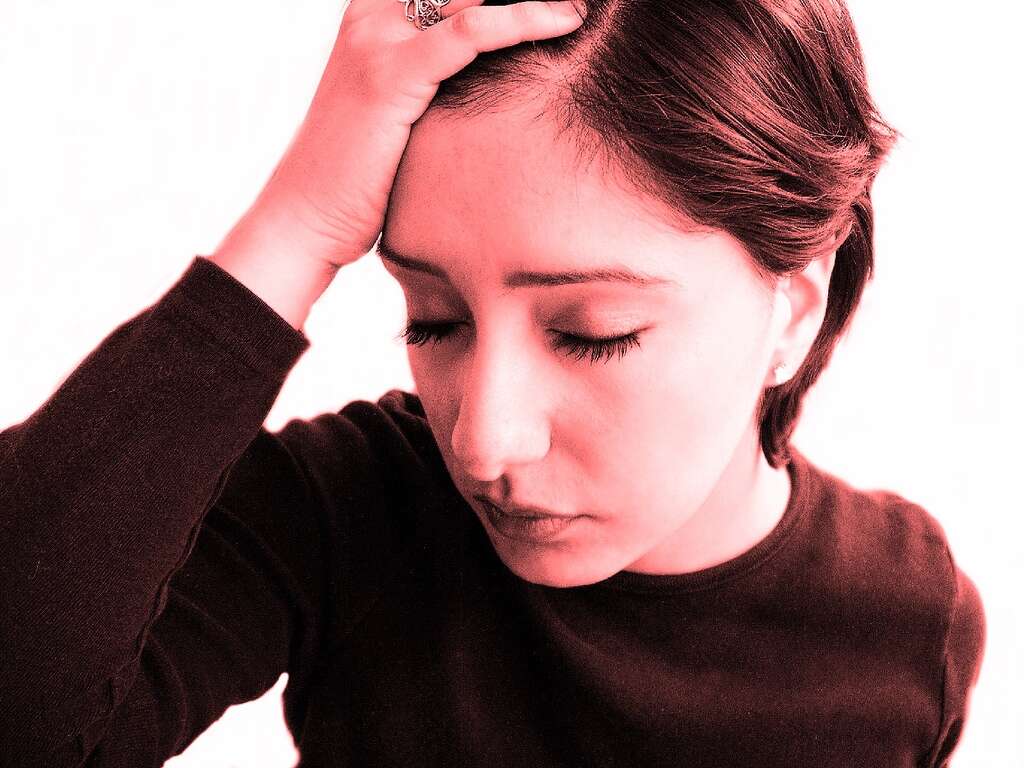What Is Social Anxiety Disorder?
Humans have evolved to be a sociable species, and many of us live in very large communities millions strong. It meant that we are able to work together for protection in the wild and, in the modern world it means we have been able to achieve some impressive feats together.
This means that, as individuals, we have evolved to need to be in the presence of other people much of the time. We tend to be comfortable when we are with other people, but this is not the case for everybody. Some people can find it quite an unnerving experience, and some will try and do what they can to avoid being with others.

1. Social Anxiety Disorder
Some social situations can be quite harrowing for some people. It can be easy to be nervous about meeting new people, especially when there is something at stake, and all but the most confident of people will become anxious at times. For some people, however, even the most casual of social circumstances can be something to fill them with fear.
Social anxiety disorder is a condition that causes the patient to feel anxious whenever they are around other people. They can be constantly dreading the thought of making an error or being judged in a negative way. The level of anxiousness can be enough for the condition to have a severe negative impact on the patient’s quality of life.

2. Causes
It tends to be very difficult to understand the exact cause of mental health disorders, and social anxiety disorder is no exception. However we do know that there are certain factors that may contribute to the condition. One of these is the structure of the patient’s brain, and an overactive amygdala is a likely factor in some instances.
Some people may also develop the condition after having had a traumatic social experience, such as a humiliating public ordeal. It is also thought that some people with the condition will develop the condition after learning the behavior from other people around them. Genetic factors are also thought to play a role in some cases.

3. Social Symptoms
Patients with social anxiety disorder can find it very uncomfortable to be around other people. In some cases, the level of discomfort experienced will cause the patient to shy away from being in social situations. This can even mean them doing what they can to avoid going to school, work, or other necessary chores.
The patient may also try and avoid eye contact where possible, and they are very unlikely to want to attend parties. They will often choose to remain alone where possible and avoid entering rooms where other people are. The patient will also tend to find it hard to form new relationships with people.

4. Emotional Symptoms
Patients with social anxiety disorder will also show symptoms when they are not in a social situation. Even the thought of being in social situations and doing something to embarrass their selves can make the patient very anxious. They can also spend a lot of time thinking about recent events, trying to evaluate everything they did to look for errors.
The condition will also cause some patients to feel anxious that other people might notice their anxiousness. This can include concern over people noticing they blush, sweat, or speak with a nervous voice. They will also often expect the worst possible outcomes from any upcoming events.
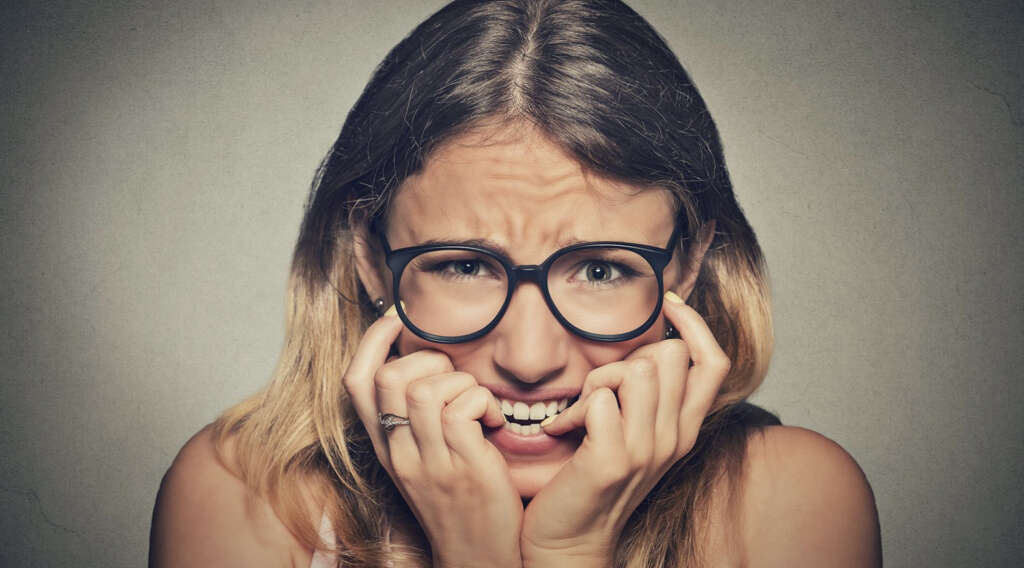
5. Physical Symptoms
Social anxiety disorder can also cause the patient to experience noticeable physical symptoms. The patient will sometimes be concerned that other people will notice these symptoms. These include blushing, trembling and sweating. The patient will also sometimes feel dizzy, and they can feel as though they can’t catch their breath.
The patient can also find that their heart starts to beat faster than usual and their muscles can go tense. Some patients will also develop an upset stomach, while nausea is another potential symptom. The patient may also find sometimes that their mind goes blank and they can find it difficult to answer even easy questions.

6. Complications
Social anxiety disorder can cause considerable disruption to the patient’s life. Not socializing with other people at a young age will mean the patient has poor social skills into their adulthood. They can also have difficulty asserting themselves and other people may try and take advantage of them.
The patient can also become very sensitive to criticism, and have a low self-esteem. Their academic and professional lives can also suffer, causing further harm to the patient’s self-esteem. Patients with the condition are more likely to develop problems with alcohol and substance abuse, and they are also more likely to try and commit suicide.
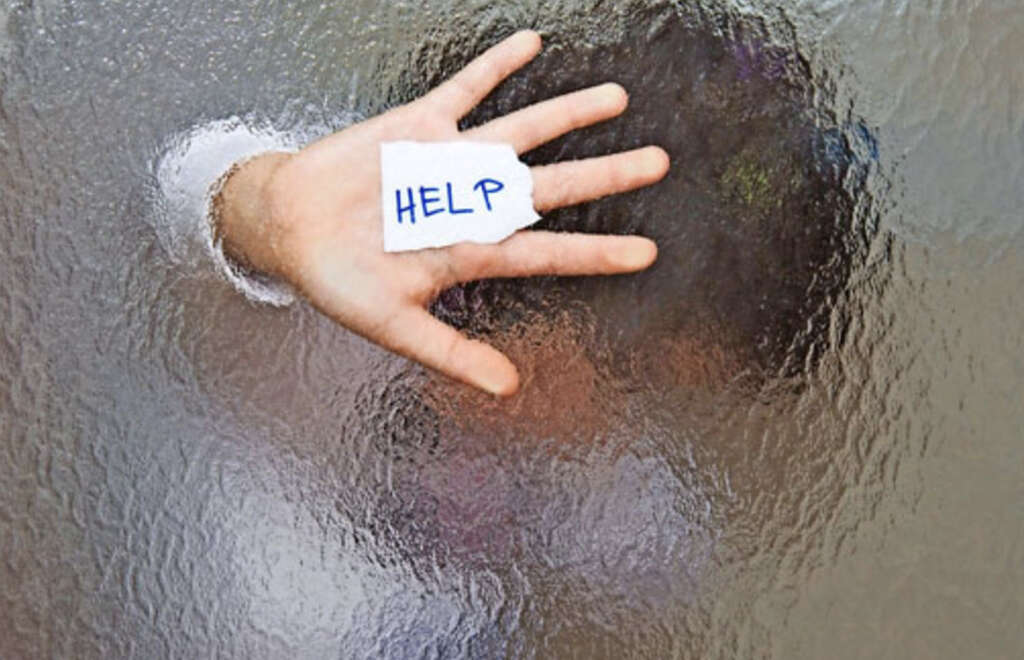
7. Risk Factors
Not knowing much about what causes the condition also makes it difficult for us to tell who is most at risk. However, we do know that some people are statistically more prone than others. These include people who have a physical appearance that will make them self-conscious.
People who have had traumatic experiences are also more prone. These include people who have suffered from abuse, and those who have been bullied at school or elsewhere. People with a naturally timid personality are also more prone, and people are also more prone if there is a history of the condition in their family.

8. Prevention
Preventing social anxiety disorder is very difficult because it is so difficult to be able to tell who will develop the condition. However, spotting the signs early and getting professional assistance can make it easier for the professionals to treat the condition. If you know somebody else who is showing symptoms then you should try and encourage them to speak with somebody.
One way to help prevent the condition from getting worse is to avoid using substances like drugs and alcohol. While these might provide short term relief from the symptoms, they are only likely to exasperate the condition in the long term.

9. Diagnosis
Your doctor will want to ask you what your symptoms are, and if there is a history of mental health conditions in your family. They will also want to look into your own medical history, including whether you have experienced any mental health disorders yourself.
You will likely need to be referred to a mental health expert if social anxiety disorder is suspected. The psychologist will need to ask you questions about your symptoms and a diagnosis can be made if your symptoms meet certain criteria. The psychologist will then be able to determine the best course of action for you.

10. Treatment
Some medications may be prescribed that will help to reduce your levels of anxiety. Medication may also be prescribed to help treat other symptoms that might be caused by the condition. This will also include medication for conditions like depression in some cases.
The patient may also be prescribed psychotherapy sessions. These are sessions with trained experts who will help to teach the patient how to overcome their anxiety. The aim is to hopefully help the patient to manage their condition to enhance their quality of life overall. The treatment can be very effective in some cases.




